The global market is being strongly affected by the new US tax policy, including a basic tax rate of 10% applied to all countries and a reciprocal tariff calculated based on bilateral trade deficits. For Vietnam, the reciprocal tariff is determined to be 46%.
With this policy, Vietnam is facing a big challenge when the US imposes tariffs, requiring strategic solutions to maintain bilateral trade relations.
Analyzing the Government 's policy moves to minimize the impact and promote trade relations with the US, Mr. Hoang said that Directive 06/CT-TTg dated March 10, 2025 demonstrates the Government's determination when requesting competent agencies to review and adjust trade relations with international partners, especially the US, to facilitate import and export activities. This Directive sets clear goals in the context of trade agreements and bilateral agreements being implemented, aiming to reduce pressure from tariffs and strengthen Vietnam's position in the global market.
At the same time, Decree 73/2025/ND-CP dated March 31, 2025 amends and supplements preferential import tax rates and tax reductions for a number of goods, demonstrating efforts to adjust policies to support businesses and increase competitiveness.
Furthermore, Deputy Prime Minister Ho Duc Phoc is preparing for a working trip to the US for bilateral negotiations, focusing on contents such as implementing diplomatic cooperation, public procurement to expand opportunities for US investors in Vietnam, proactively removing non-tariff barriers and adjusting special tax policies...
A bright spot in the response strategy is Vietnam’s approval to test SpaceX’s Starlink satellite internet service in the country. This decision not only opens up opportunities for access to advanced technology but also demonstrates Vietnam’s proactiveness in improving infrastructure, supporting economic and trade activities in the context of increasing international pressure. The government prioritizes dialogue and negotiation solutions instead of direct conflict, in order to minimize negative impacts on bilateral trade relations and the domestic economy.
Mr. Hoang said that at present, Vietnam has not taken immediate countermeasures but is focusing on long-term solutions, demonstrating a thoughtful and strategic approach. This clearly reflects the Government's goal of maintaining stability and sustainable development, while taking advantage of opportunities from dialogue to resolve challenges from US tax policies.
Regarding the macroeconomic forecast, VCBS also believes that factors such as inflation, exchange rates and interest rates will remain stable, although the exchange rate may be under some pressure in the coming time. The company maintains its view that inflation will be under control, with the expected index not exceeding the threshold of concern. The reason is that the supply of essential goods and services is always guaranteed, while the Government still controls the prices of some essential public goods and services. Although domestic consumer demand is recovering well, this process is not really strong, creating conditions for inflation to remain stable.
Regarding interest rates, VCBS forecasts that deposit interest rates may stabilize in the coming time, while lending interest rates remain low, supporting businesses to overcome difficulties from international trade pressures. These factors show that the Vietnamese economy still has a solid foundation to cope with fluctuations, although it cannot avoid challenges from exchange rates due to the impact of tariff policies and trade deficits.
“The market is overreacting right now. Obviously, we don’t have any more specific information and there is still time to negotiate with the US before the reciprocal tax takes effect. I believe that Vietnam still has a chance. Therefore, investors should stay calm and react at a more moderate level,” Mr. Hoang recommended.
Source: https://thoibaonganhang.vn/kinh-te-viet-nam-co-nen-tang-vung-chac-de-ung-pho-voi-bien-dong-162298.html



![[Photo] General Secretary To Lam receives Hungarian President Sulyok Tamas](https://vphoto.vietnam.vn/thumb/1200x675/vietnam/resource/IMAGE/2025/5/28/58cdfabf66514ef4bce5a13a285e6f6f)
![[Photo] General Secretary To Lam works with the Central Policy and Strategy Committee](https://vphoto.vietnam.vn/thumb/1200x675/vietnam/resource/IMAGE/2025/5/28/7b31a656d8a148d4b7e7ca66463a6894)
![[Photo] Close-up of the project connecting 3 key highways in the South](https://vphoto.vietnam.vn/thumb/1200x675/vietnam/resource/IMAGE/2025/5/28/c4b0bc977e964bb79d08b4e836974495)
![[Photo] National Assembly Chairman Tran Thanh Man meets with Hungarian President Sulyok Tamas](https://vphoto.vietnam.vn/thumb/1200x675/vietnam/resource/IMAGE/2025/5/28/1f182464bad54d399e1236943e0c13ba)
![[Photo] Welcoming ceremony for Hungarian President Sulyok Tamas and his wife on an official visit to Vietnam](https://vphoto.vietnam.vn/thumb/1200x675/vietnam/resource/IMAGE/2025/5/28/7956bacf4a3e4bde8326cb8f72a3b26c)
![[Photo] President Luong Cuong holds talks with Hungarian President Sulyok Tamás](https://vphoto.vietnam.vn/thumb/1200x675/vietnam/resource/IMAGE/2025/5/28/0f603676be6444aa9f52d4bd32582b4d)


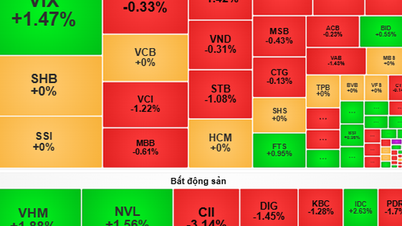



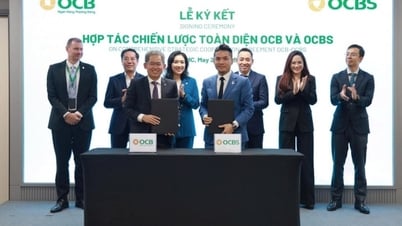



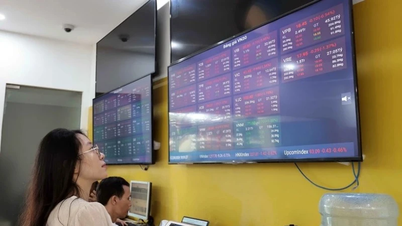






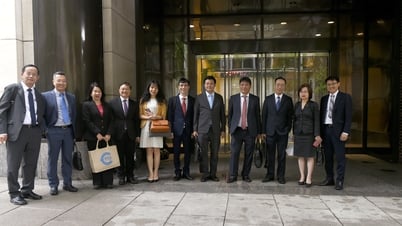

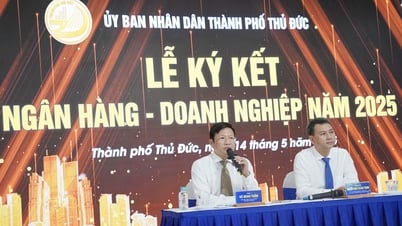
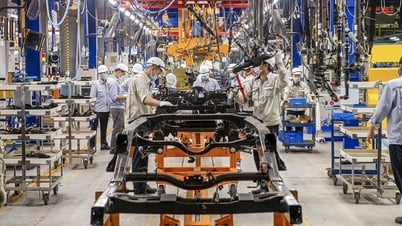










































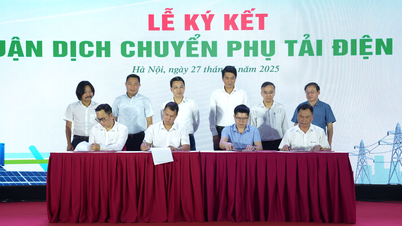





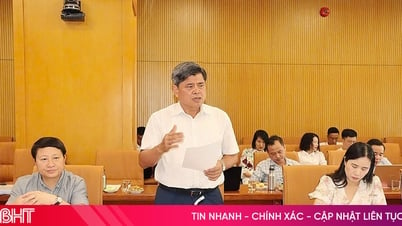

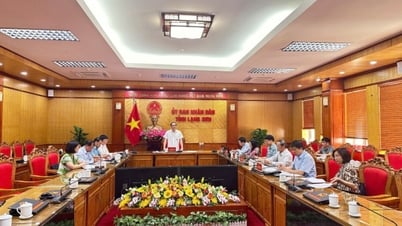

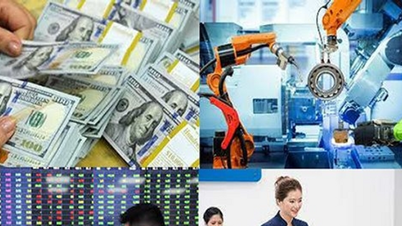











Comment (0)